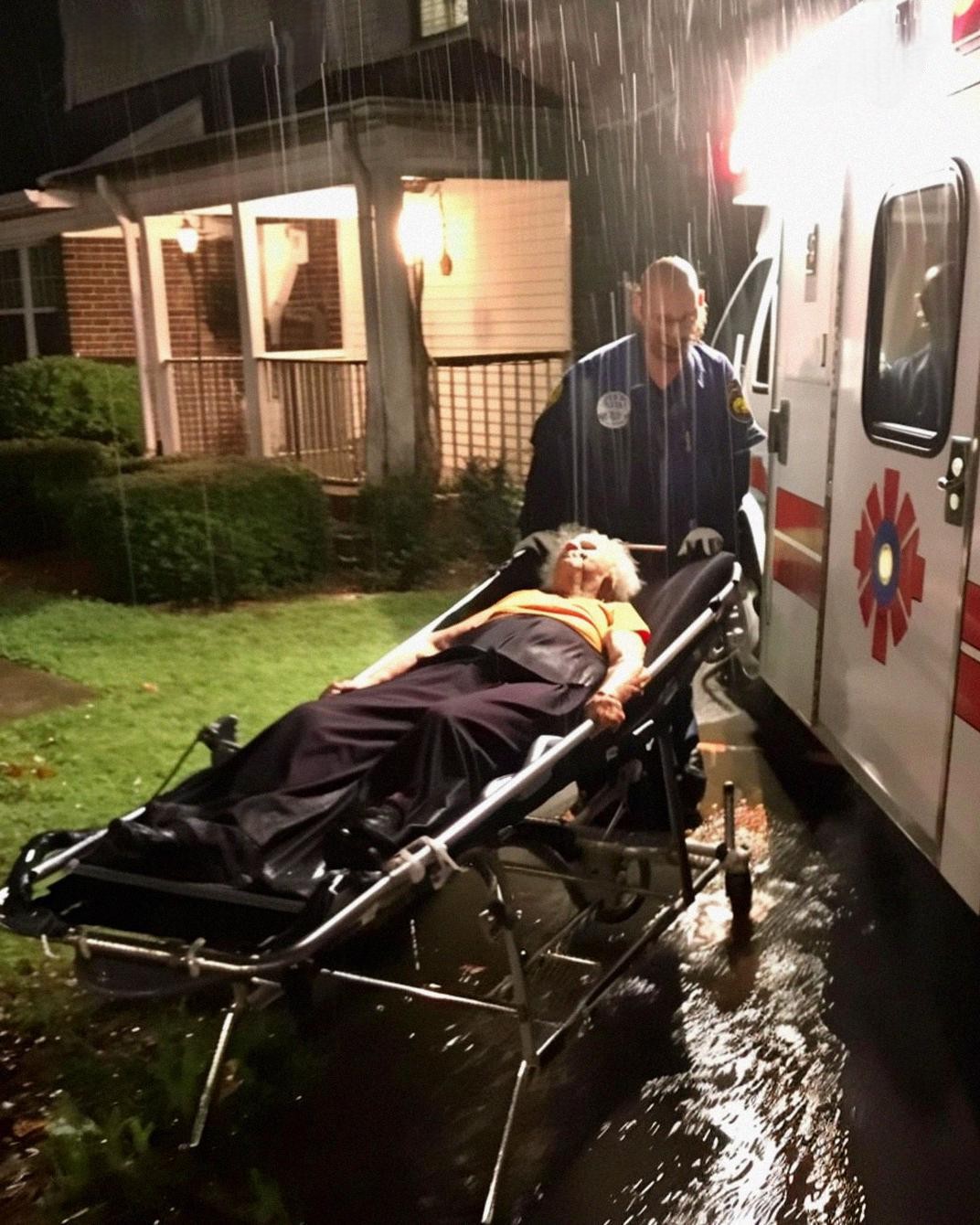The next morning I visited the hospital with daisies. In the quiet of room 314, she was frail but alert. When I told her I recognized the photograph, she went still and asked me to close the door. Then, in a voice small as a thread, she began to tell me about a life most people only guessed at. Years earlier she had been a singer with a brief brush of fame. Her husband had managed her career but also controlled her life. He handled the money, scripted her image, and threatened to take their daughter away if she left. Branded unstable when she tried to break free, she vanished from the spotlight to protect her child. She became Mrs. Halloway and shut the world out. Later, she believed her daughter had died; then her husband passed. Alone, she clung to music and her cat.
I started visiting daily. At first she was prickly and proud, reluctant to accept help. Gradually she softened. She played piano for my children, who began to call her “Grandma.” I cooked meals, helped with exercises, and mostly I listened. Wanting her to know she hadn’t been forgotten, I posted an anonymous note on a vintage music forum. Messages arrived within hours: people remembered her voice, speculated about her disappearance, and asked what had happened. She was not as forgotten as she believed.
One rainy afternoon she handed me a folded paper that changed everything — an old address, a name she hadn’t spoken in decades. She’d believed her daughter was dead, but the address was familiar; it was in our city, just twenty minutes away. For weeks I wrestled with what to do. Would her daughter want to be found? Was I overstepping? Ultimately the expression in Mrs. Halloway’s eyes pushed me to act. I drove to the address and knocked. A woman in her fifties opened the door; the resemblance was unmistakable. She slammed the door at first, anger flaring. Then I heard a small voice from inside asking who I’d been. The woman’s name was Susan, and she had a daughter, Emma — a granddaughter Mrs. Halloway had never known.
When I told Mrs. Halloway, she wept. “I’m a grandmother,” she whispered. “I didn’t even know.” She also told me she was dying and wanted a chance to say she was sorry. I arranged a visit, and the reunion was raw and fragile. Susan had carried decades of resentment and anger, and the first encounter was painful for both of them. Yet when Emma, curious and unjaded, walked into the room, something shifted. The teenager saw a frail woman who longed for connection, not the wounds of the past. That crack in the wall made room for truth, for apology, and for a fragile forgiveness to begin.
Two weeks after that visit, Mrs. Halloway passed away with her cat curled beside her. At the funeral, Susan and Emma sat in the front row. My husband played the song we’d found in her sheet music, and Emma’s soft voice followed, carrying a melody that felt like a bridge between two lost generations. In that moment it seemed as if the music that had been locked away for so long had finally found its way back into the world.
Sometimes I think of the night I walked into her open doorway and thought I was simply feeding a hungry cat. Instead I stumbled into a life that needed witness and a family that needed a small, brave push toward each other. Being a good neighbor isn’t just waving from the porch; sometimes it means sitting in hospital rooms, carrying other people’s secrets gently, and helping a story reach the ending it deserves.

